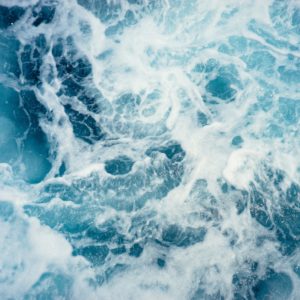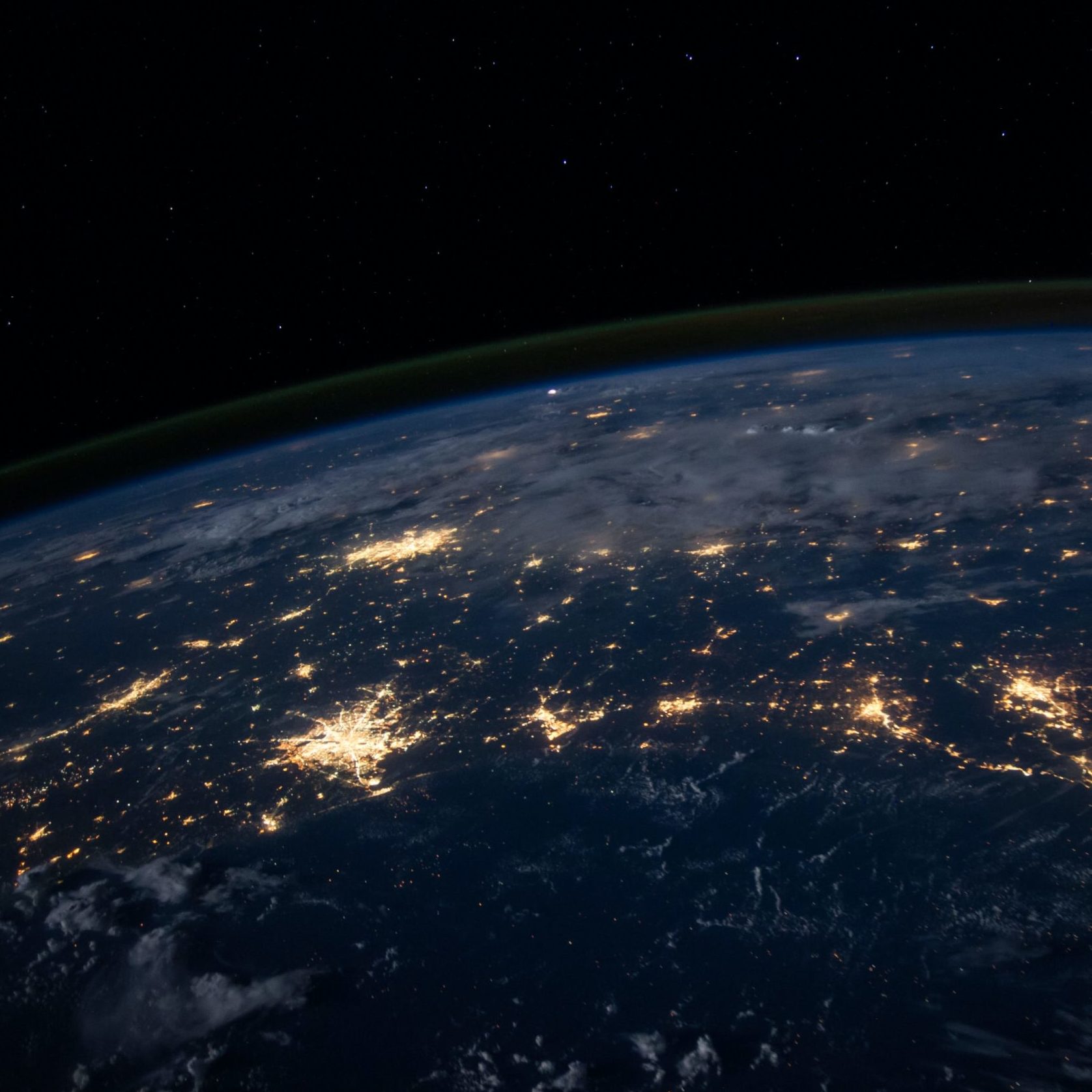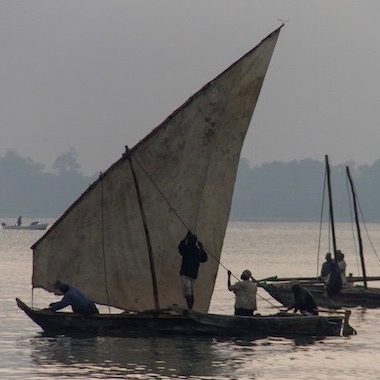Ocean equity for sustainable futures
Overwhelming evidence shows that current access to ocean resources and associated benefits and harms are distributed inequitably. Recent global policy discussions (e.g., COP26, World Conservation Congress) to increase momentum for conserving 30% of earth’s land and sea areas by 2030 through area-based conservation measures may well contribute to this inequity. Hence, parallel policy discussions also highlight the strong need for considering ocean equity when implementing protected areas. Institutionalising ocean equity in marine conservation is therefore crucial for the well-being of people and the health of oceans. We define ocean equity as a way of distributing marine resources, associated rights, and capacities for participation in decision-making in a way that is ethical and aligns with principles of social justice. Normatively, this translates to ensuring that resources, benefits, and power are not concentrated by rich and powerful actors, and that risks and harms do not disproportionately fall on the poor and vulnerable. We see this as a necessary critical focus for research on oceans and sustainability.
In this working group, we will provide key evidence for enhancing ocean equity in the conservation and sustainable use of the marine environment by integrating the concept of relational values and a focus on the inclusion of Indigenous Peoples and Local Communities to ensure an equitable distribution of benefits and resources. Based on the members’ expertise and empirical research findings, this working group aims to answer the following questions:
- What role do (i) diverse nature’s values (i.e., intrinsic, instrumental and relational), (ii) empowering Indigenous People and local communities, and (iii) MPA management/implementation play regarding ocean equity for sustainable futures?
- How can we advance ocean equity in and through (i) transdisciplinary sustainability science, (ii) connecting and comparing place-based social-ecological system research, and (iii) the scaling up and beyond of local initiatives?
- What are leverage points for securing ocean equity in coastal and marine social-ecological systems and how are these points interconnected?
Working Group Coordinators:
- Maraja Riechers, Faculty of Sustainability, Leuphana University Lüneburg, Germany; CRETUS, Department of Applied Economics, University of Santiago de Compostela, Spain
- Sebastián Villasante, EqualSea Lab, University of Santiago de Compostela, Spain
Working Group Participants:
- Nathan J Bennett, Freelance Consultant; Chair, People and the Ocean Specialist Group, IUCN; Principal, The Peopled Seas Initiative, Canada
- Jessica Blythe, Environmental Sustainability Research Centre, Brock University, Canada
- Antonio J. Castro, Laboratory of Sustainability, Resilience and Governance of Socio-Ecological Systems (SociECOS Lab), University of Almeria, Spain
- Ignacio Gianelli, CRETUS, Department of Applied Economics, University of Santiago de Compostela, Spain
- Sophia Kochalski, CRETUS, Department of Applied Economics, University of Santiago de Compostela, Spain
- Jacqueline Lau, ARC Centre of Excellence in Coral Reef Studies, James Cook University, Australia and WorldFish, Malaysia
- Natali Lazzari, Vicerectorat de Recerca, Universitat de Barcelona, Spain; Centre de Recherches Insulaires et Observatoire de l’Environnement (CRIOBE), France; CRETUS, Department of Applied Economics, University of Santiago de Compostela, Spain
- Priscila Lopes, Dept. of Ecology, Federal University of Rio Grande do Norte, Brazil
- Sangeeta Mangubhai, Principal Consultant, Talanoa Consulting Fiji; Pew Marine Fellow, Fiji
- Aisa O. Manlosa, Leibniz Centre for Tropical Marine Research (ZMT), Bremen, Germany
- Kimberley Peters, Helmholtz Institute for Functional Marine Biodiversity at the University of Oldenburg (HIFMB), Oldenburg, Germany
- Meenakshi Poti, Systems Ecology and Resource Management Research Unit, Université libre de Bruxelles and Vrije Universiteit Brussel, Belgium; Research Affiliate, Dakshin Foundation, India
- Irina Rafliana, DIE – German Development Institute, Universität Bonn Germany; Agency for Research and Innovation (BRIN), Indonesia




